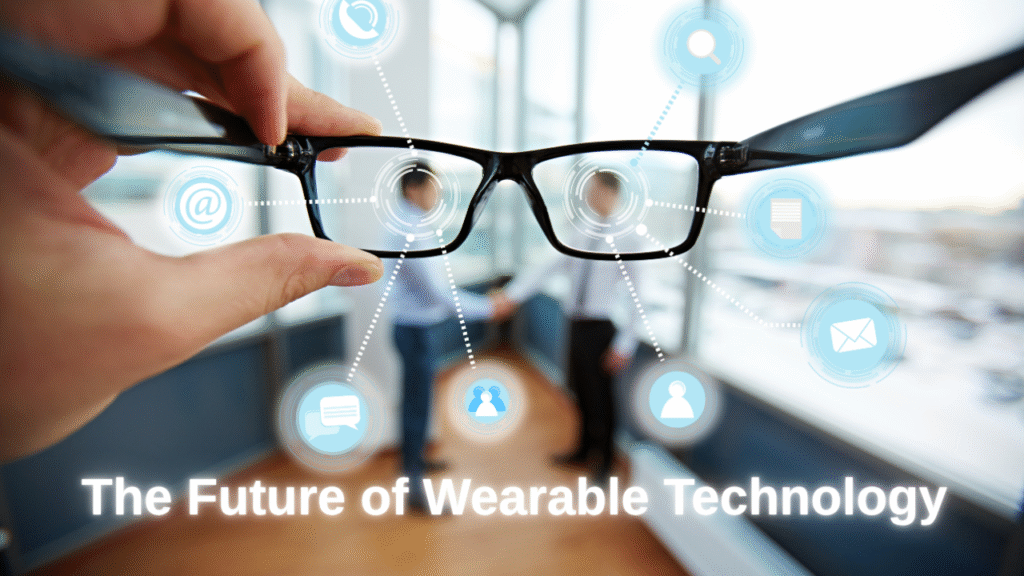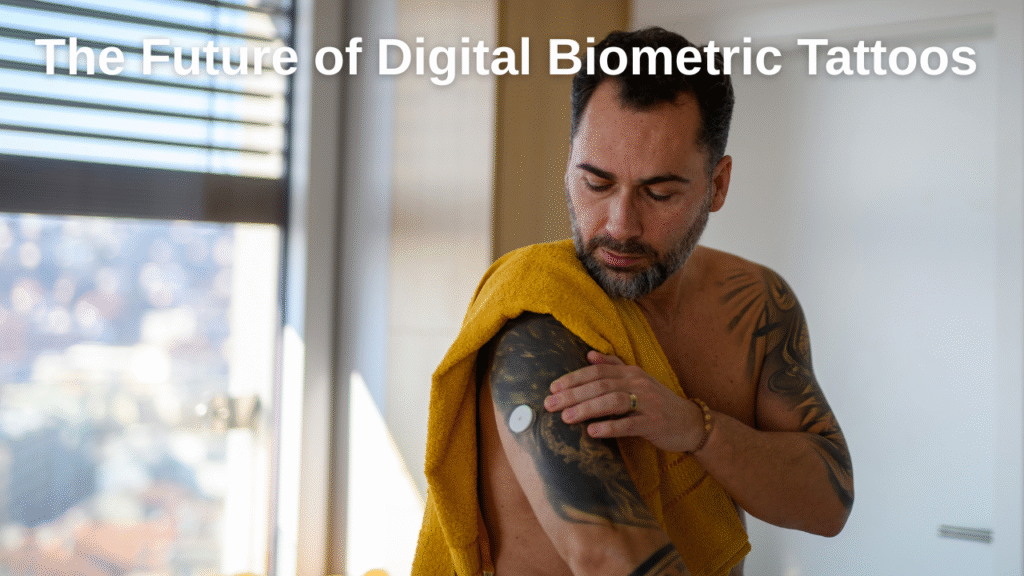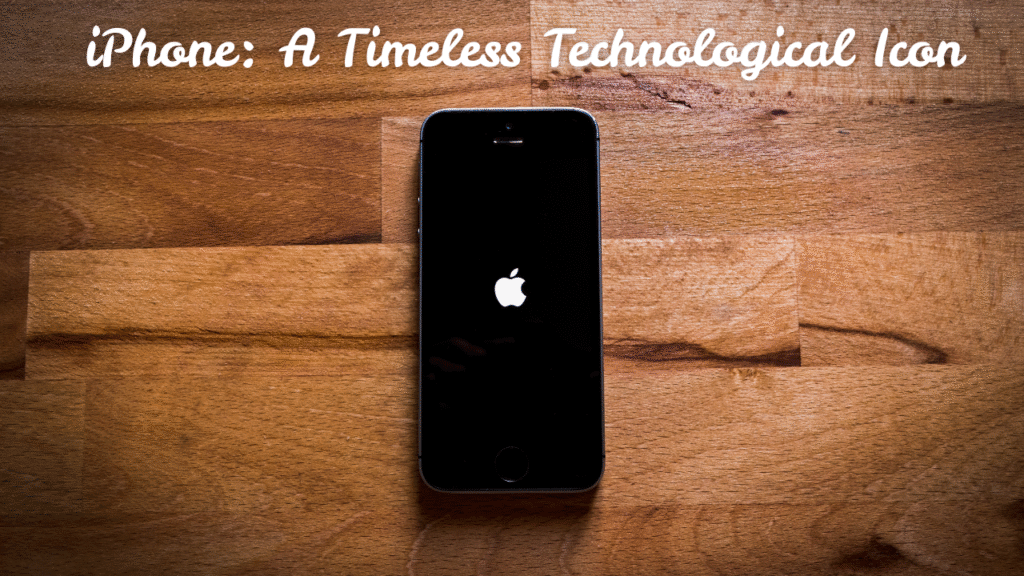Tech Showdown: Who Will Kill the Smartphone First?
Four Titans. One Goal. Say Goodbye to Smartphones.
For nearly two decades, smartphones have dominated our pockets—and our lives. However, the world’s most powerful technology titans are now competing to declare the end of the smartphone era. What weapons do they have? Brain chips, augmented reality glasses, sensors placed on the skin, and old-fashioned refining.
Elon Musk (Neuralink):

The Strategy: Bypass the body. Let your brain do the clicking.
Elon Musk does not believe in touchscreens or physical interfaces.
Neuralink is a brain-computer interface that lets you send your ideas straight to machines.
“Why use your fingers when your brain can do it faster?”
Neuralink has already implanted chips into human patients with the goal of allowing people to scroll, type, and interact with digital platforms only through their thoughts.
Musk’s vision is daring, weird, and maybe dangerous, but if it succeeds, cellphones will look like antique devices.
Mark Zuckerberg (Meta):

The Strategy: Replace your screen with smart glasses.
Mark Zuckerberg is banking heavily on augmented reality glasses. He believes that by 2030, we will no longer need phones and will instead wear lightweight glasses that overlay digital info onto the actual environment.
“We don’t want people glued to screens — we want tech to become invisible.”
With Meta’s large investments in the metaverse, Zuckerberg’s glasses are designed to manage messages, video conversations, GPS, and other tasks without having to go into your pocket.
It is an immersive, hands-free computer experience. And if Meta wins, your face will become the new interface.
Bill Gates (Chaotic Moon):

The Strategy: Wear your device — literally.
Bill Gates has taken a different approach, financing Chaotic Moon and its futuristic digital tattoos – wearable technology injected directly into your flesh.
“What if your body was the interface?”
These biometric tattoos employ nanosensors to monitor your health, transfer data, enable conversation, and even track your whereabouts – all without the need for a screen or an app.
If Gates’ vision is realised, the future of mobile technology may not be in your hands or on your face, but rather within you.
Tim Cook (Apple):

The Strategy: Don’t ditch the phone — evolve it.
While others pursue science fiction, Tim Cook is doubling down on the iPhone. Apple’s latest gadget, the iPhone 16, introduces clever AI features and better AR support, all while maintaining the traditional sleek design.
“People don’t want to throw their phones away — they want them to do more.”
Apple’s strategy is incremental innovation, augmenting the smartphone with AI, AR, and wearables such as the Apple Vision Pro rather than completely replacing it.
If Cook is correct, smartphones aren’t dying; they’re simply becoming smarter.
Face-Off: Who Will Win the Future?
| Tech Leader | Weapon of Choice | Target | Approach |
| Elon Musk (Neuralink) | Brain chip | Total device-free interaction | Radical disruption |
| Mark Zuckerberg (Meta) | AR glasses | Hands-free, screenless interface | Immersive replacement |
| Bill Gates (Chaotic Moon) | Digital tattoos | Biometric data + wearables | Body-tech integration |
| Tim Cook (Apple) | AI-enhanced smartphones | Keep the phone, make it better | Evolution, not extinction |
Each path leads to a future without traditional smartphones — but only one may become the standard.
Final Word: Are We Prepared to Move On?
While tech titans clash, customers are left wondering: Do I want a chip in my brain? Glasses on my face? Tattoos on my skin? Or perhaps a better phone?
One thing is clear: the smartphone’s dominance is being tested like never before. Whether you’re excited or concerned, this is the start of a new digital age.
Source: This article was inspired by original reporting from The Daily Galaxy. Read the full piece here.
Share this content:














Post Comment